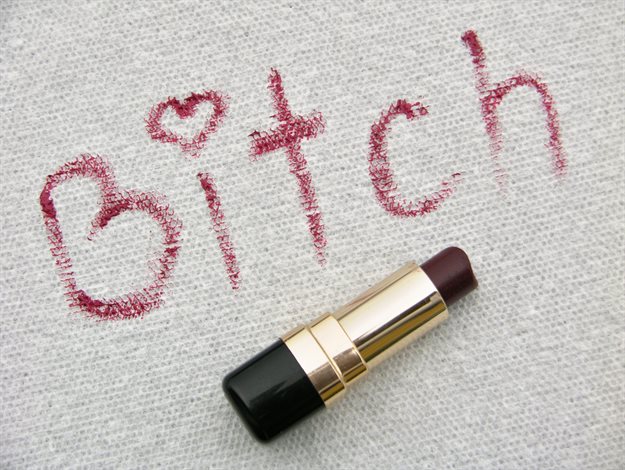
Top stories






More news






Marketing & Media
Prisa's Bradley Howland: The importance of professional associations






The band filed a lawsuit against the trademarks office, and the matter eventually landed up with the Supreme Court, which found that the provision relied upon to refuse the application violated the First Amendment right to free speech. Therefore, the band was allowed to register its trademark.
The Slants decision, issued in 2017, has already had wide-reaching consequences and ended a legal battle lasting almost 30 years involving, inter alia, the registration of the trademark ‘Redskins’ by the Washington Redskins NFL team.
‘Redskins’ is considered a derogatory term for Native Americans, and an application for the cancellation of the trademark was granted by the US trademarks office on that basis. The Supreme Court overturned that decision based on its earlier Slants decision.
In South Africa, Section 10(12) of the Trade Marks Act prohibits the registration of a mark of which the use would be contra bonos mores (contrary to public policy or morals) or likely give offence to any class of persons.
While South Africans also enjoy the Constitutional freedom of expression, the right does not extend to the “advocacy of hatred that is based on race, ethnicity, gender or religion, and that constitutes incitement to cause harm.” Any attempt to attack the constitutionality of Section 10(12) on the basis of free speech is, therefore, likely to be an uphill battle insofar as fundamental rights are concerned.
What is considered moral or offensive changes with time. For instance, a local application for ‘Bitch’ in class 25 covering clothing was refused in 1998, but the same trademark in class 3 for soaps, perfumes and cosmetic products was accepted in 2011.
An application filed for ‘Fat Bastard’ in class 33 covering alcoholic beverages was provisionally refused in 2007 on the basis that it was offensive. However, this decision was reversed after submissions were filed, explaining how the trademark was adopted and that it has widely been used without complaint from the public.
In addition, the register is now filled with trademarks incorporating the word ‘cannabis’ and cannabis-related images. The public perception with regards to cannabis has clearly changed in the last few years, largely thanks to the landmark Constitutional Court decision decriminalising the private use of the drug.
With social media forming an integral part of our lives today, allowing direct communication between consumers and brand owners, bad branding decisions will not only be called out immediately, loudly and widely, but they also have the potential to be immortalised, resulting in long-term reputational damage.
It is important for brand owners to take the current social and political landscape into consideration when strategising. Responsible branding is based on inclusivity and representation. Gucci, Prada, and H&M have all since incorporated programmes to promote diversity within their organisations. Avoiding egg-on-face situations will be easier if people from diverse cultural and social backgrounds are sitting at the creative table when decisions are made.